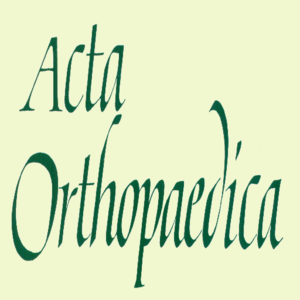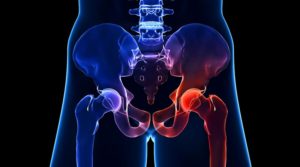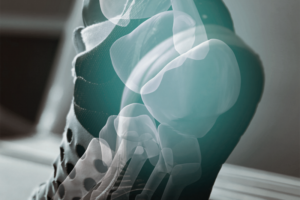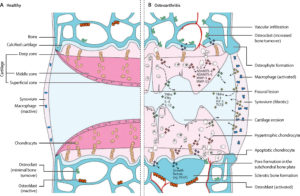Cartilage repair in the degenerative ageing knee
Abstract Background and purpose - Cartilage damage can develop due to trauma, resulting in focal chondral or osteochondral defects, or as more diffuse loss of cartilage in a generalized organ disease such as osteoarthritis. A loss of cartilage function and quality is also seen with increasing age. There is a…
A pilot study investigating dietetic weight loss interventions and 12 month functional outcomes of patients undergoing total joint replacement.
Abstract We conducted a pilot randomised controlled trial comparing the effects of a dietetic intervention to usual care, in 40 individuals with a body mass index >30kg/m(2) undergoing total joint replacement (TJR). The dietetic weight loss intervention comprised at least four sessions with an Accredited Practising Dietitian. At 12 months,…
Biological Therapies in Regenerative Orthopedics
Abstract Regenerative medicine seeks to harness the potential of cell biology for tissue replacement therapies, which will restore lost tissue functionality. Controlling and enhancing tissue healing is not just a matter of cells, but also of molecules and mechanical forces. We first describe the main biological technologies to boost musculoskeletal…
Immune Modulation to Improve Tissue Engineering Outcomes for Cartilage Repair in the Osteoarthritic Joint
Abstract Osteoarthritis (OA), the most common form of arthritis, is a disabling degenerative joint disease affecting synovial joints and is associated with cartilage destruction, inflammation of the synovial membrane, and subchondral bone remodeling. Inflammation of the synovial membrane may arise secondary to degenerative processes in articular cartilage (AC), or may…




